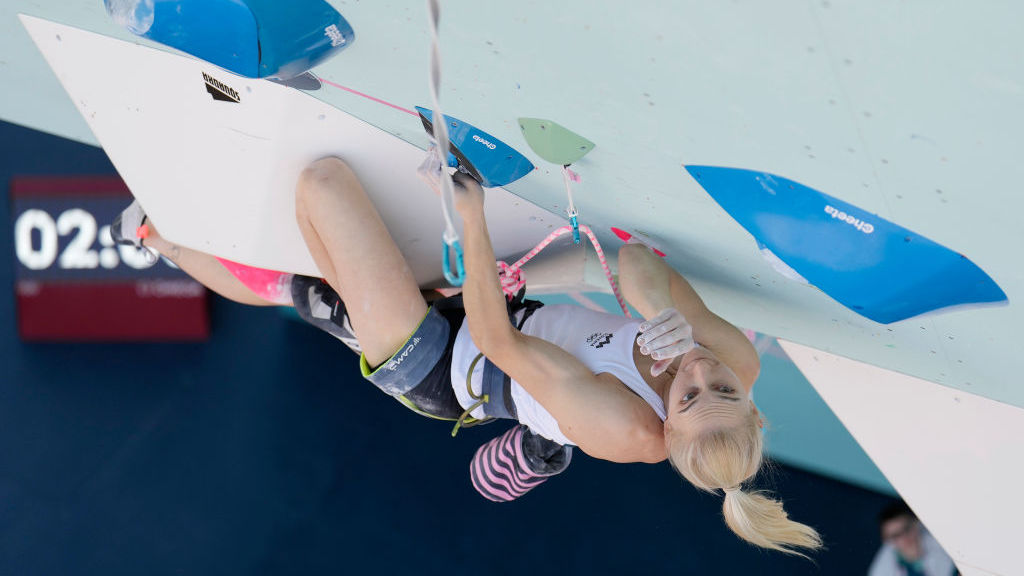Ski bibs vs pants: which should you choose?
Is it purely a matter or fashion or is there more to the debate between ski bibs vs pants? We explain the main differences between ski salopettes and pants to help you decide
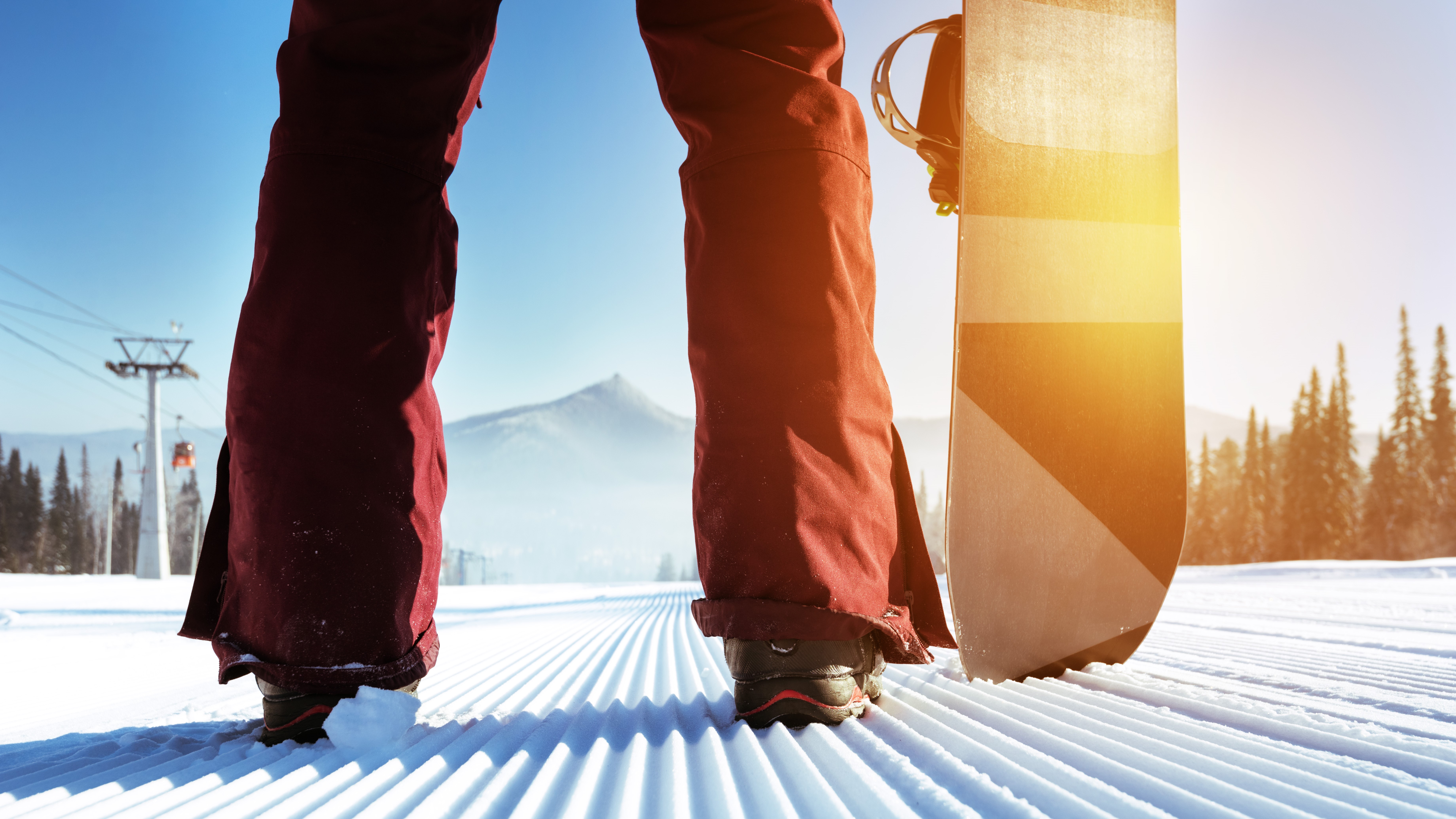
Getting kitted out for ski season involves a lot different choices. Do you want padded or thin ski socks, for example? And when you’re choosing a ski jacket, do you need an insulated, shell or a 3-in-1 version? Then there’s your bottom half to take care of – do you want to go for the classic ski bunny look in a pair of ski bibs, or the more modern approach with a pair of ski pants? And is it purely a matter or fashion or is there more to the debate between ski bibs vs pants? In this article, we run you through the main differences between ski overalls (or salopettes) and ski pants to help you choose the best gear no matter what type of skiing you’re doing.
What are salopettes?
First, if you’re comparing ski pants with bibs, you might also come across the term 'salopettes' and wonder if that’s a third option you need to be considering. Salopettes is essentially another term for what Americans call ski bibs or overalls, while UK readers usually call them dungarees. Salopettes, or ski bibs, are high waisted ski pants with suspenders (or braces, as they’re called in the UK) or attachments for suspenders. Though the term is sometimes confusingly used to describe any pants meant for skiing, the general distinction is that ski pants stop at the waist.
Whatever term you’re using, if you’re shopping for ski pants or ski bibs, you should expect them to be insulated, waterproof and windproof for those long days on the slopes.
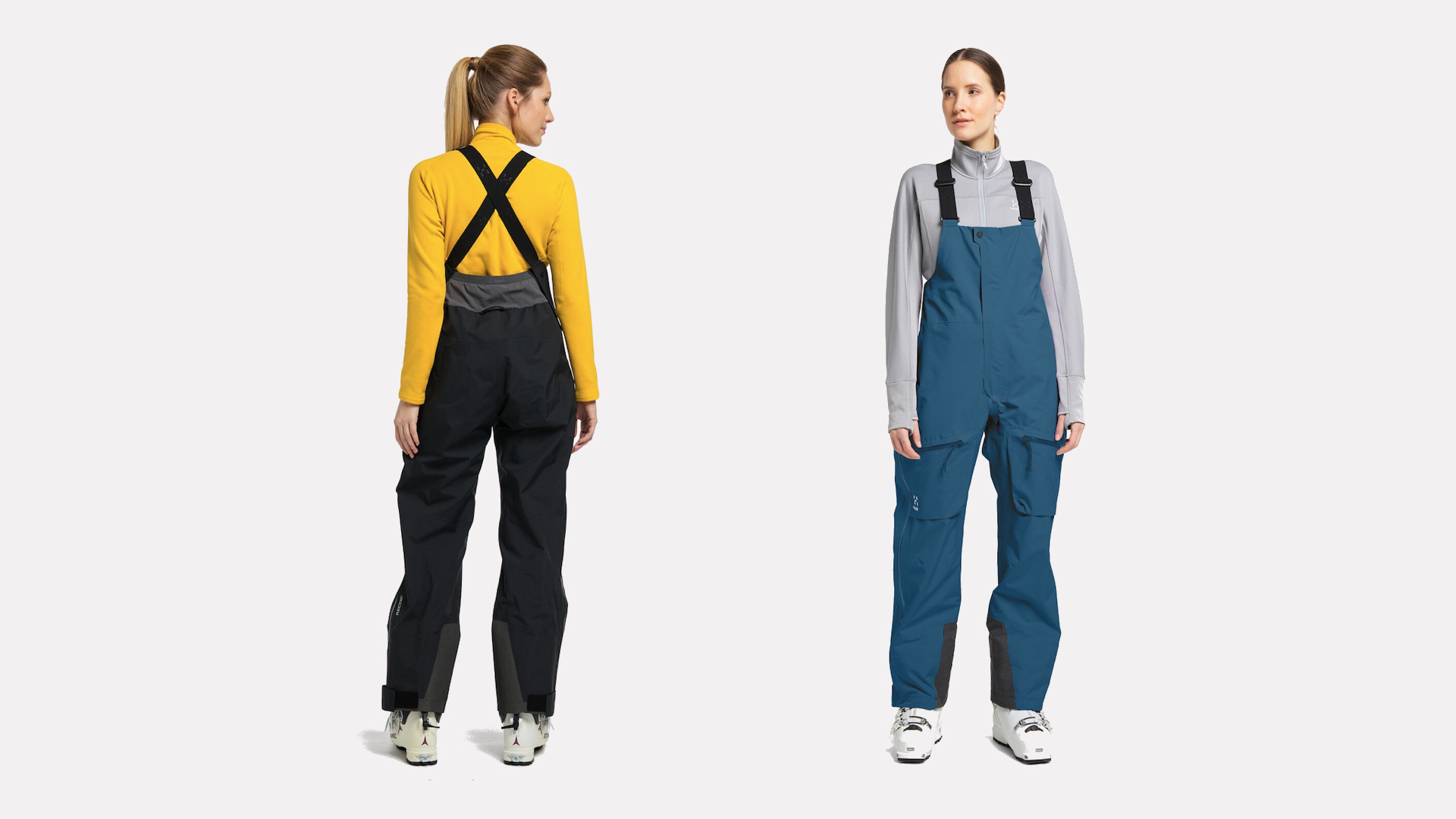
Ski bibs vs pants: warmth
Naturally, any gear meant for skiing and snowboarding should be well insulated and windproof to keep you cozy, but the nature of ski bibs means no sneaky drafts slipping into the gap between your mid layer and your ski pants. The insulation goes all the way up to your chest, so this one is an easy win for ski bibs.
Ski bibs vs pants: versatility
If you tend to run hot, or prefer mild spring skiing, that last point might have you leaning towards ski pants, but hold your horses. While there’s really only one method of wearing ski pants, you can easily drop the suspenders and bib part of your ski bibs down and wear them as trousers, so they’re a little more versatile than their counterparts.
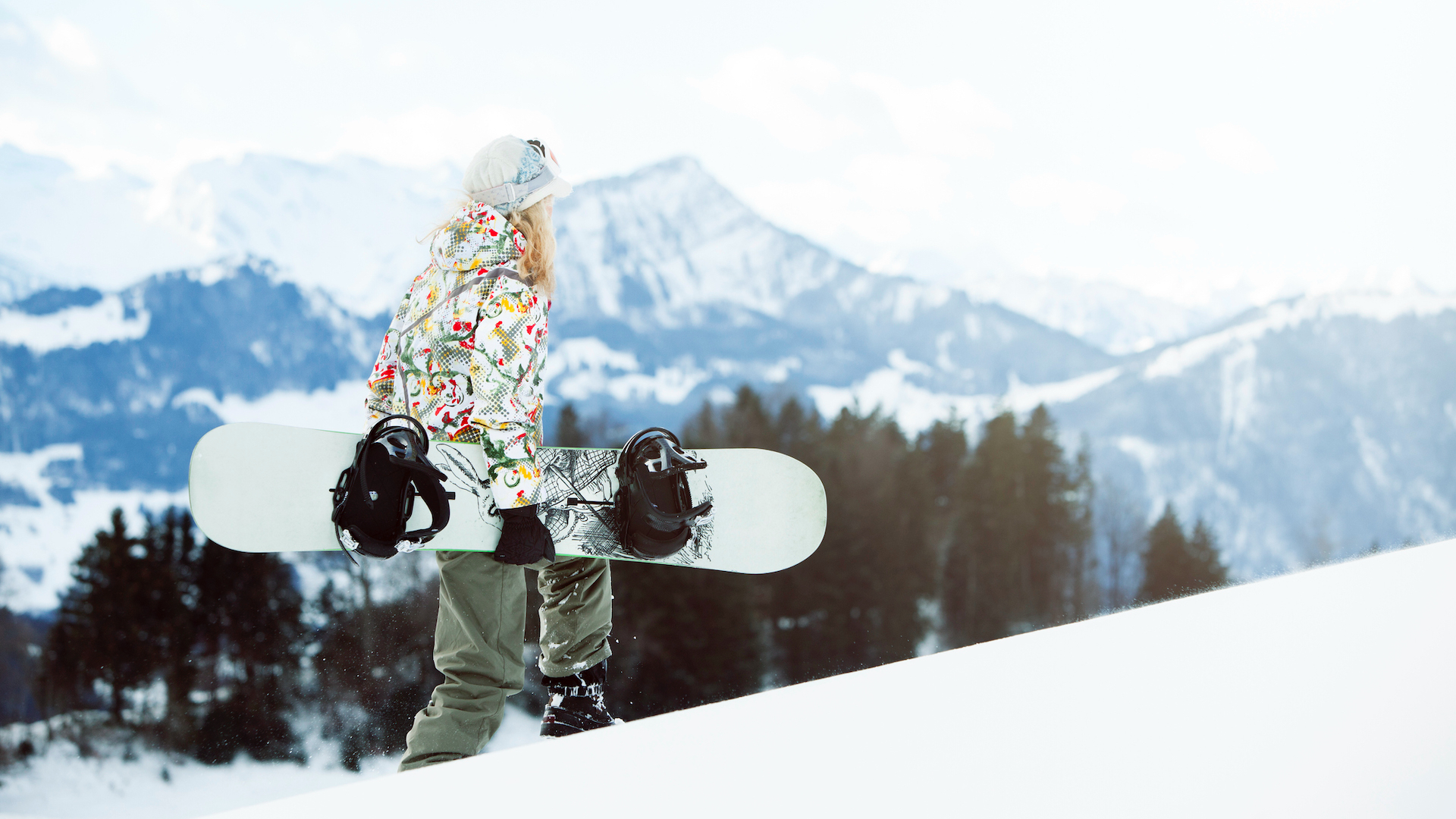
Ski bibs vs pants: coverage and snow protection
If your base layer is tucked into a well-fitting pair of ski pants, it definitely doesn’t seem like any snow should be able to get down them, but take a few falls on a powder day and you might soon discover otherwise. The construction of ski bibs makes them pretty impenetrable to snow, so if you’re planning on shredding the deep stuff, consider the bibs a better choice.
Ski bibs vs pants: pockets
Obviously, the number of pockets on either option will depend on the design, but we do know for sure that lots of pockets are handy when it comes to a day on the slopes. We’ve found that your typical pair of ski pants might come with three good pockets, two in the hips and one on the thigh, while a pair of overalls might have the same options plus a handy chest pocket where you can keep your ski pass or your phone close to your body. Naturally, you should shop for the number of pockets you want, but you might find that extra pocket another point for bibs.
Advnture Newsletter
All the latest inspiration, tips and guides to help you plan your next Advnture!
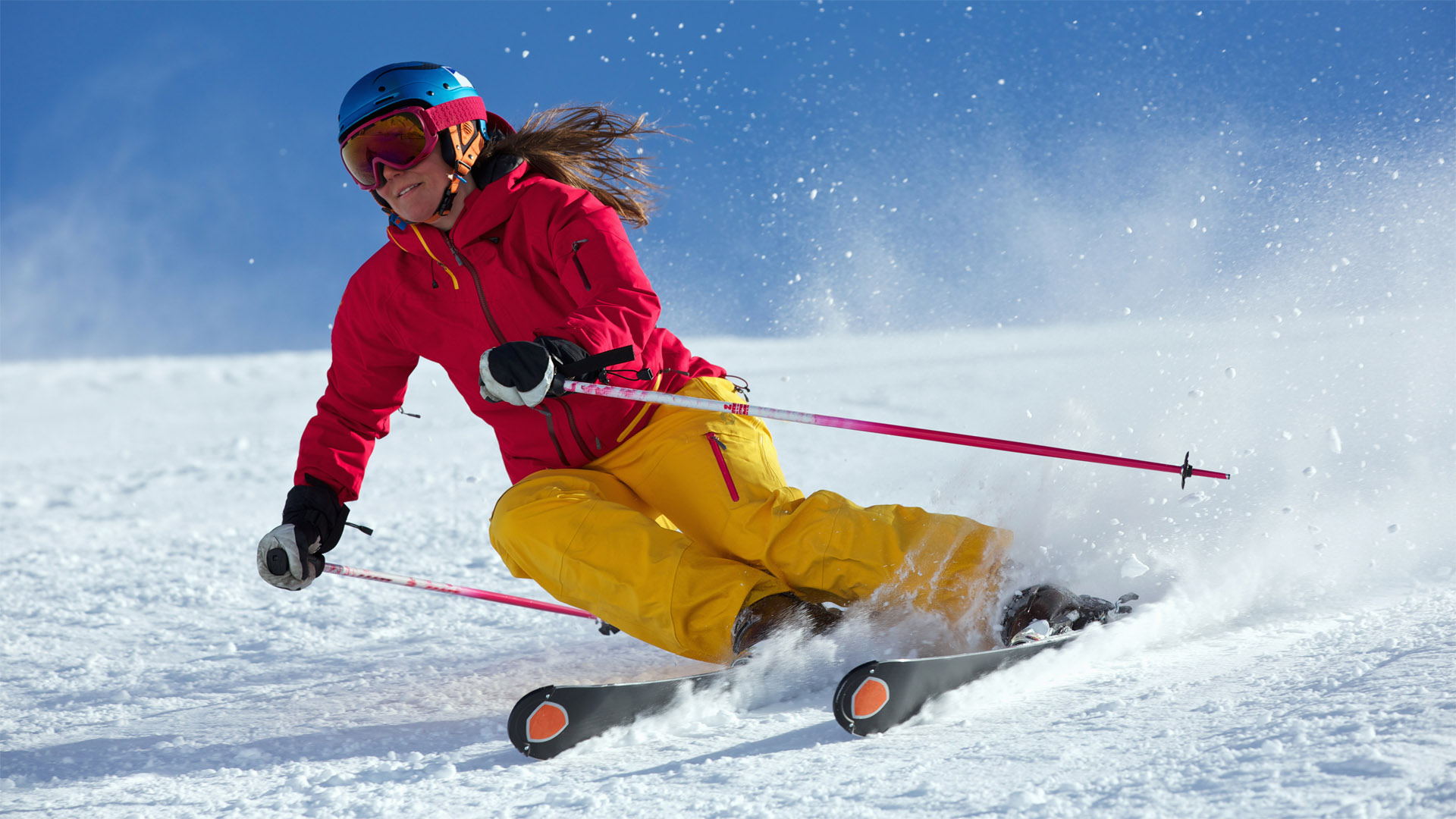
Ski bibs vs pants: comfort and ease of use
Because you don't need a belt with ski bibs and they don’t cinch so tightly around your waist, you might find that ski bibs are a bit more comfortable than ski pants, but that’s only if they fit correctly of course. It is feasible that a pair of ski bibs that aren’t in sync with your body proportions could be extremely uncomfortable, so make sure to try them on first and we suggest adjustable suspenders (shoulder straps) so you have room to manoeuvre. With both options, you’ll want to find a pair with a little stretch and enough room to move unrestricted.
All of that said, when it’s time to go to the bathroom, remember that when you’re wearing a pair of bibs, you’ll have to take off your ski jacket then half undress, which can be annoying to say the least.
Ski bibs vs pants: price
Though you can obviously pick up both ski bibs and ski pants at a range of prices from budget to premium, it may come as no great surprise that bibs overall generally come with a bigger price tag, owing to the fact that they entail more fabric and a more complicated design.
| Header Cell - Column 0 | Ski bibs | Ski pants |
|---|---|---|
| Warmth | No annoying drafts between your pants and base layer, bibs insulate your upper body | Only insulate your legs and potential for cold drafts if your base layer isn't long enough |
| Versatility | Can be worn as pants or overalls | Can only be worn as pants |
| Coverage/snow protection | Great protection from snow on a powder day | Some snow might get down your crack on a powder day |
| Pockets | Usually have an extra chest pocket | Usually at least three good pockets |
| Comfort/east of use | Well-fitting, these are really comfy, but you have to half undress to go to the bathroom | Waistband can be less comfortable, but less undressing every time you go to the bathroom |
| Price | Pricier | Less pricey than bibs |
Ski bibs vs pants: the verdict
When it comes to warmth, protection, storage and versatility, we can't help but love the classic ski bibs. That said, going to the bathroom in the overall design can be a bit burdensome, and they can come with a heftier price tag, which alone might be enough to dissuade you if you’re looking to ski on a budget. This one clearly comes down to personal choice, but we do recommend trying on a few pairs of both types before you make your mind up.
- Best ski gloves: keep your hands warm and comfortable all day long
Julia Clarke is a staff writer for Advnture.com and the author of the book Restorative Yoga for Beginners. She loves to explore mountains on foot, bike, skis and belay and then recover on the the yoga mat. Julia graduated with a degree in journalism in 2004 and spent eight years working as a radio presenter in Kansas City, Vermont, Boston and New York City before discovering the joys of the Rocky Mountains. She then detoured west to Colorado and enjoyed 11 years teaching yoga in Vail before returning to her hometown of Glasgow, Scotland in 2020 to focus on family and writing.

